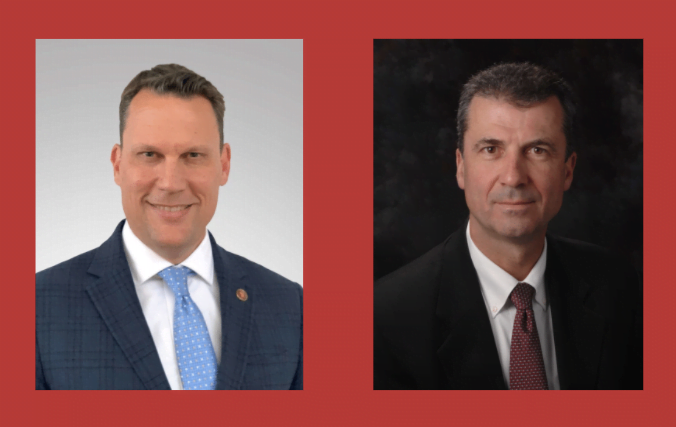Rent deferrals may be a necessary step in the renegotiation process for airport contracts with concessionaires and shouldn’t be discounted by concessionaires as inadequate, Stephen Martin, chief commercial officer, Vantage Airport Group, said on a conference call Wednesday.
The weekly call-in forum for the airport concessions industry is hosted jointly by the Airport Restaurant & Retail Association (ARRA) and the Airport Minority Advisory Council (AMAC). This week, discussion continued around the ARRA document “Facing Facts: The Survival of Airport Shopping and Dining,” which outlines the challenges faced by airport concessionaires as the industry begins to recover from the COVID-19 pandemic.
While the paper argues that airports offering rent deferrals, rather than waivers, is unacceptable given the magnitude of the problem, Martin argued that a deferral allows parties time to work toward a long-term solution.
Concessionaires must take into account the magnitude of what they’re asking, he says. What’s being sought “requires governance changes and amendments, and getting things through [the] governing body, whether it’s a city, a county, an authority, a state…” Martin said. “It takes a year to procure concessions at most airports. An amendment is not going to be an overnight thing. The concept of deferral to me is valuable because it gives you time to talk about how do you get to a structured package of waivers, deferrals, resets, alternative things. You can’t go back every six months when something changes and have another amendment in your local government.
“I think the deferral has value in the sense that it gives you time to figure out where you are,” Martin continued. “We all admit, we don’t know where we’re going to be in six months. I think [a deferral] has value in giving us breathing room, because if you insist on instant waivers and those require amendments, you may wind up with nothing because they’re too hard to do.”
Brett Kelly, interim CEO, Fraport USA, agreed that a deferral is valuable in the context of is “buying time” until a more permanent solution can be reached, but he stressed that just deferring rent until passenger traffic improves isn’t viable, because concessionaires aren’t going to be in a position to pay back rent any time in the foreseeable future. “We have tried not to use that as a tool and I’ve tried to dissuade our airport partners from it,” Kelly says. “I know that there are places where we’ve just taken what we can get, but I do agree [with the paper, that] deferral is probably the least helpful in the long term.”
The two speakers also knocked down the idea that larger concessions companies can bounce back from the pandemic hit and only smaller companies are vulnerable. “When the sales looking forward were zero, there wasn’t anybody larger, small who planned for that,” Kelly said. “This is something that has affected everybody. Nobody was exempted from it. The only way out of it is if we all pitch in and work together. As soon as we start making assumptions – well, that group can figure it out, this group I have to take care of – then, the ecosystem falls apart.”
Martin noted that airlines, which are bigger than the big concession companies, received a bailout. The average public employee may not understand how tightly run the companies are, he added. “There’s not a lot of margin for error, and there’s not some somebody sitting there with a big pile of cash, just waiting for the bad day,” Martin said. “I think the fact that the airlines are more devastated but are getting bailed out is a sign that bigger concessionaires shouldn’t be expected to weather this without some kind of assistance.”
But, Martin added, from an airport’s perspective it’s reasonable to be hesitant to provide relief without some insurance of solvency. “To the extent that [an airport] provide such assistance, it really doesn’t get any assurance that that’s really going to help the solvency question…,” he said, adding “That’s a very difficult thing for an airport person to deal with.”
Looking ahead, both developers said a new approach to airport-tenant contracts is warranted. Martin said a “seismic reset” needs to happen. “It’s that significant a change.”
“It’s going to take an example that people can wrap their minds around to change the paradigm,” Kelly added. “A new concept for MAG (minimum annual guarantee), a new concept for rent that people can understand and say, ‘that’s a new [approach], we’ll try it’.”
The key will be to ensure that there is consensus so individual people or airports are not “going to be held out as failing” for having done it differently, Martin says.
“It’s a big, big challenge to say that the first person out of the gate who does a different way is somehow not leaving money on the table,” he says. “It has to be presented as a positive, it’s creating opportunity. It’s providing a better service. It’s part of a seismic reset for a different set of objectives.”






